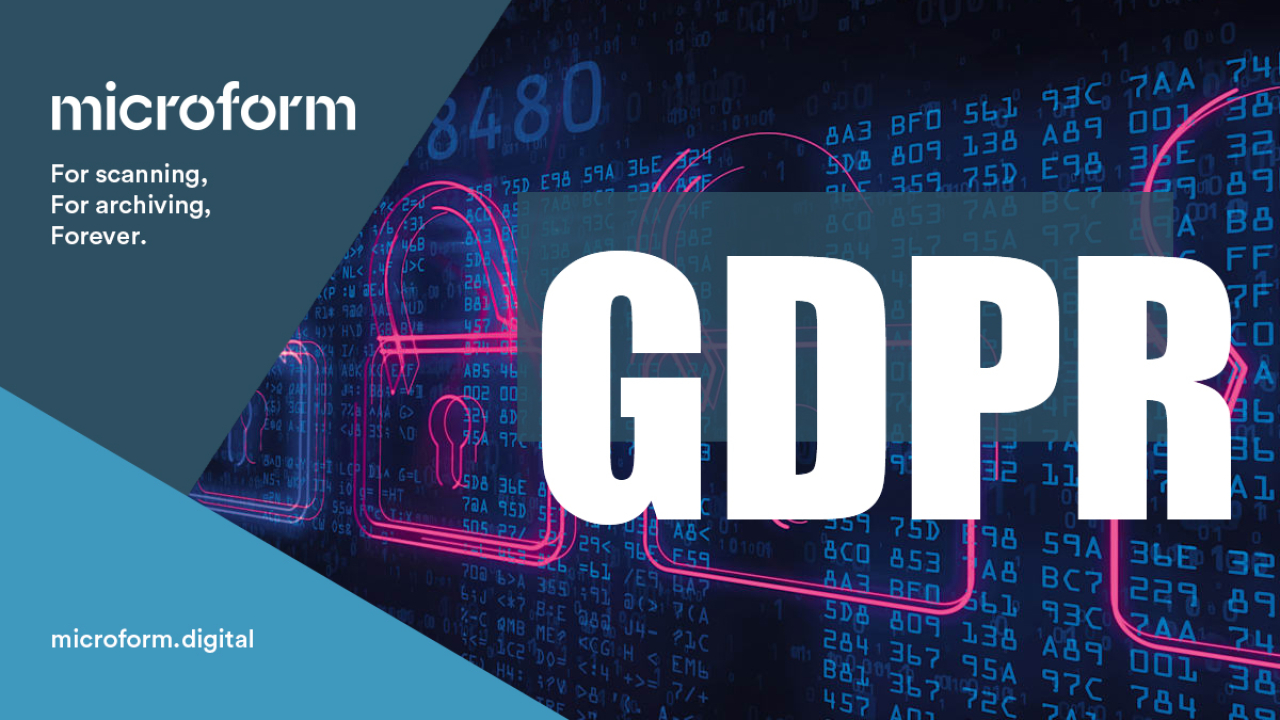GDPR: What does it really mean?

The implementation of the General Data Protection Regulation (GDPR) is one of the biggest changes to affect businesses and is not something which should be looked upon as a government money maker.
Coming into effect on May 25th, 2018, the introduction of GDPR is an evolution of the existing regulation, the UK Data Protection Act 1998 and will mean some changes for the way businesses obtain, store and use personal data.
The size of your enterprise and Britain exiting the EU does not negate you from your GDPR responsibilities so now is the time to get clued up.
What functions will GDPR affect?
GDPR will apply to the handling and storing of any personal data that could be used to directly or indirectly identify a person meaning that a variety of business functions are set to be affected including;
Human Resources (HR)
IT Systems and Security
Marketing
What qualifies as personal data?
Personal data encompasses many forms and can be stored in various ways. However typical examples Microform have come across include records of birth, deaths and marriages, registration and customer feedback forms, letters and much more.
If these documents have any information which could identify a person such as their name, date of birth, residence or other identifiable information, this is subject to the laws surrounding GDPR.
Why is GDPR coming into effect?
As an individual, you might have been subject to fraudulent activity or had people uncover information about you which you might not wish to be available. Alongside this, we have all been subject to spam/scam emails, nuisance phone calls and wondered how their details had been obtained. GDPR is seeking to address these issues, protecting the most vulnerable in society and minimising risks to everyone.
Therefore, the onus is being put on organisations to look after data more responsibly or face hefty fines. While the fines being mooted seem out of reach for most SME’s, those found to be breaching GDPR rules will be fined accordingly resulting in potential bankruptcies.
How can you become GDPR compliant?
The majority of organisations Microform work with store a vast amount of information about individuals in a paper-based format. In some instances, these documents might be stored on shelving, cupboards or filing cabinets which can easily be accessed by individuals who should not have access to such information.
At Microform, we specialise in helping organisations to adopt a paper-free approach with our document scanning solutions. Adopting a paper-free office isn’t just about data protection, it is about improving processes and productivity, minimising fire risks and can increase revenues and profitability and frees up space within your office to be put to better use!
In the lead up to GDPR coming into effect, we’ll be sharing some insights into how different industries can positively take advantage of GDPR so keep an eye out for updates.
In the meantime, if you would like to discuss with Microform how we can not only assist you in becoming GDPR compliant but also improve your work processes, contact us …